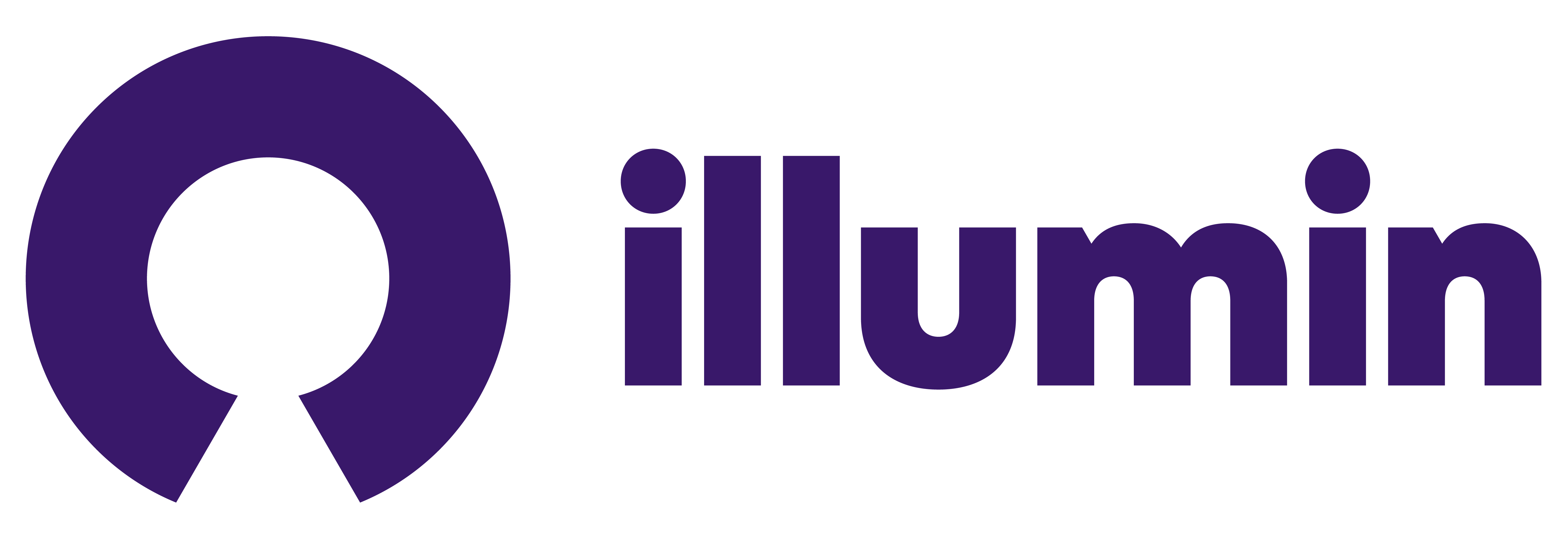Brief:
- P&G Indonesia boosted market share for a new anti-dandruff shampoo from Pantene with a mobile campaign that reached millions of wireless subscribers, including people without a smartphone. The country, spread among thousands of islands with a large rural segment, has a smartphone penetration of only 20%. The packaged goods giant and its agency Mediacom partnered with Out There Media, an ad platform that helps cellphone carriers monetize subscriber data, to reach 25 million females ages 15-55 across Indonesia, per AdExchanger.
- P&G varied the message type and creative based on data from carriers, including phone type, data plan, location and average revenue per user (ARPU). The campaign generated a clickthrough rate of 3.1%, more than the industry average of 0.5%, and boosted Pantene’s market share by 4% across Indonesia.
- Berlian Dewirani, the brand’s Indonesian media manager, said the user data gave P&G the ability to target high-end smartphones with a video link, while customers with low to medium ARPU saw banner ads and feature phones received a text message. Brands usually run televised campaigns to reach a mass audience, because 96% of Indonesians watch TV at least once a week.
Insight:
P&G Indonesia’s mobile campaign for Pantene demonstrates the power of carrier data to reach targeted audiences based on detailed characteristics in countries that may appear more difficult to reach with modern marketing strategies.
Not only do carriers have information about subscriber phone type and user location, but they also have ARPU data that can help infer the income level or socioeconomic status of a mobile user. Most importantly, mobile companies gather highly accurate data that makes targeting more deterministic rather than probabilistic, which is a common method of reaching audiences based on cookies that help to track browsing history. The end result is “micro-targeting at scale” similar to an ad campaign on a social network that also collects detailed user data.
P&G Indonesia’s mobile marketing strategy can be applied to other countries, as long as advertisers show respect for customer privacy and obey prevailing laws. The European Union next week will begin enforcing GDPR, which limits how companies can share user information with their informed consent. According to ZDNet, Verizon Wireless in the U.S. paid a fine to the FCC two years ago for allegedly using “supercookies” to track users without telling them, but that hasn’t deterred cellular carriers from building a business of selling ads. Verizon, Sprint and AT&T offer ways to target subscribers with ads as they compete with social networks like Twitter and search engines like Google that offer ad placements based on mobile data.












